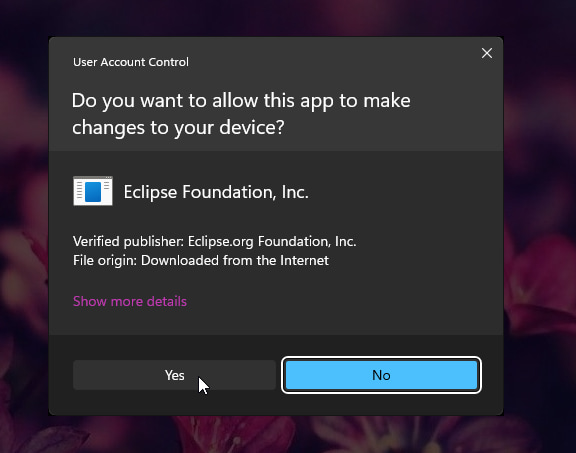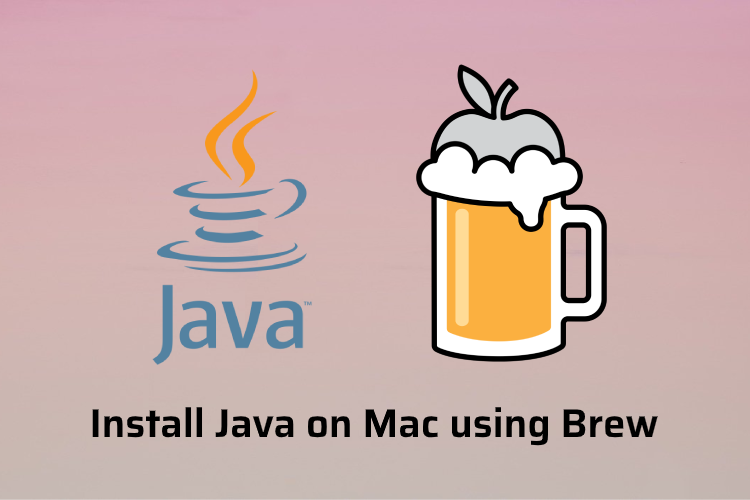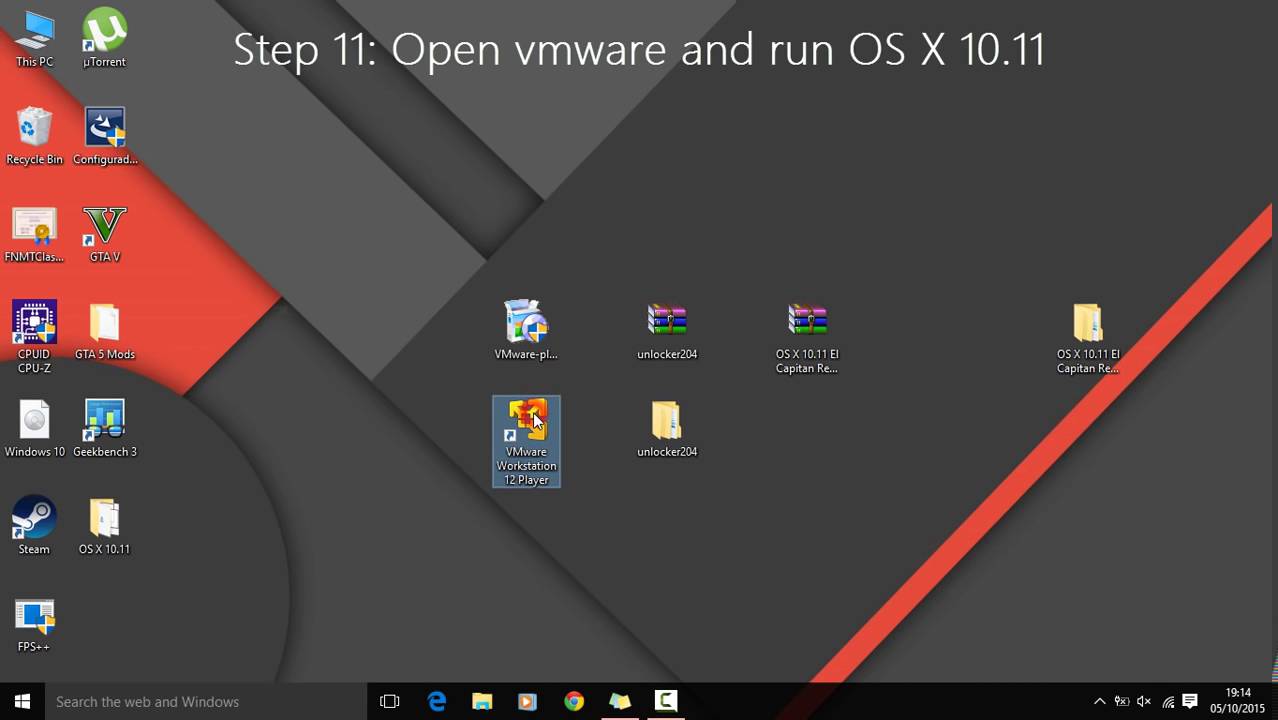

openjdk is keg-only, which means it was not symlinked into /opt/homebrew, because macOS provides similar software and installing this software in parallel can cause all kinds of trouble. Output openjdk: stable 16.0.1 (bottled) Development kit for the Java programming language Not installed From: License: GPL-2.0-only with Classpath-exception-2.0 => Dependencies Build: autoconf ✘ => Requirements Build: Xcode ✘ => Caveats For the system Java wrappers to find this JDK, symlink it with sudo ln -sfn /opt/homebrew/opt/openjdk/libexec/openjdk.jdk /Library/Java/JavaVirtualMachines/openjdk.jdk This is a beta version of openjdk for Apple Silicon (openjdk 17 preview). Output => Formulae app-engine-java java javacc jslint4java pdftk-java google-java-format java11 javarepl libreadline-java => Casks homebrew/cask-versions/java-beta homebrew/cask/eclipse-java Checking the details about the Formulae named java $ brew info java Naturally, I used the following commands to check and install the latest JDK using Homebrew Checking available Java versions via Homebrew $ brew seach java I wanted to build and run a spring boot project. The system will not install a JRE that has an earlier version than the current version.I recently got hold of a M1 MacBook Pro and was faced with the challenge of setting up java developer env. When you install the JRE, you can install only one JRE on your system at a time. To install an earlier version of the JRE, you must first uninstall the current version.


To determine the current JRE version installed on your system, see Determining the JRE Version Installed on macOS. However, the system will not replace the current JRE with a lower version. When you install the JDK, it also installs the JRE. Administrator privileges are required to install the JDK and JRE on macOS. Installing the JDK and JRE on macOS is performed on a systemwide basis for all users. You cannot install Java for a single user. The following are the system requirements for installing the JDK and the JRE on macOS:


 0 kommentar(er)
0 kommentar(er)
